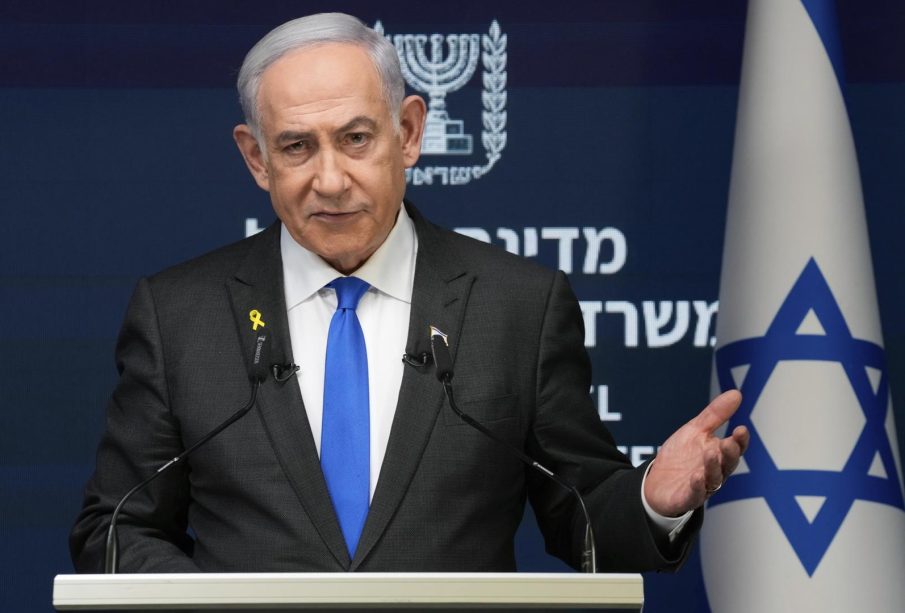Understanding Netanyahu’s Impact on Israeli Politics

Introduction
Benyamin Netanyahu has been one of the most influential figures in Israeli politics over the past few decades. Serving multiple terms as Prime Minister, his leadership has significantly shaped Israel’s domestic policies and foreign relations. In light of recent events, including ongoing political challenges and security issues, understanding Netanyahu’s role is crucial for comprehending the current state of affairs in Israel.
Political Landscape
As of October 2023, Netanyahu continues to lead the right-wing Likud party and holds the position of Prime Minister. His government has been marked by controversial policies, particularly surrounding issues of security and relations with the Palestinian territories. The Israeli-Palestinian conflict remains unresolved, and recent clashes have escalated tensions in the region. Netanyahu’s hardline stance has both supporters and detractors, shaping public opinion and the discourse within Israeli society.
Recent Developments
Netanyahu’s administration has faced significant scrutiny following protests against proposed judicial reforms aimed at curbing the power of the Israeli Supreme Court. Critics argue that these moves threaten democracy and the rule of law, while supporters claim they are necessary for accountability. Additionally, the ongoing volatility in Gaza has prompted Netanyahu to prioritize security measures, leading to military operations that have resulted in both domestic unrest and international condemnation.
International Relations
Netanyahu’s tenure has been characterized by efforts to strengthen Israel’s relationships with key allies, notably the United States. Throughout his leadership, he has pursued normalization agreements with several Arab nations, which have shifted the diplomatic landscape in the Middle East. However, these agreements have not resolved underlying conflicts or secured lasting peace in the region, keeping Netanyahu’s foreign policy under examination.
Conclusion
Netanyahu’s leadership is pivotal not only for Israel but also for broader Middle Eastern geopolitics. As he navigates domestic challenges and international pressures, the future of his government remains uncertain. Observers will be watching closely to see how he adapts his policies amid calls for reform and rising domestic dissent. The outcomes of his decisions will be significant, shaping the trajectory of Israel’s future and its interactions with the world.









